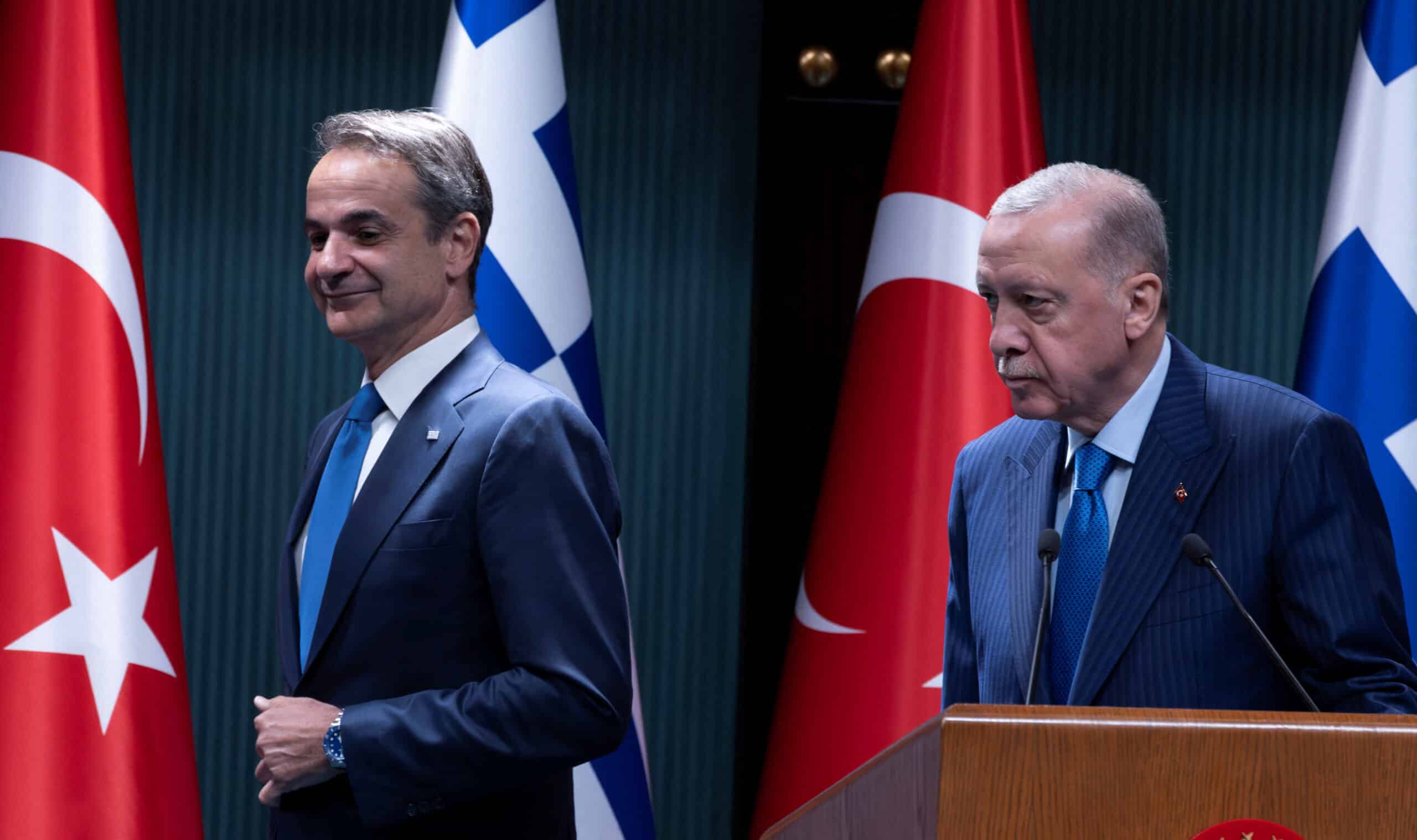Dialogue Emphasized in Greek-Turkish Talks Over Cyprus
In a recent meeting between Greek Prime Minister Kyriakos Mitsotakis and Turkish President Recep Tayyip Erdogan, the long-standing Cyprus problem was once again at the forefront of discussions. Despite acknowledging their differences, Mitsotakis underscored the importance of dialogue as a means to overcome impasse. “Only dialogue can be the antidote to any deadlock,” he stated, reflecting on the complex nature of the issue.
The Greek Prime Minister expressed optimism about the involvement of United Nations Envoy Maria Angela Holguin, who has been actively seeking a resolution within the parameters set by UN Security Council decisions. Mitsotakis conveyed his support for Holguin’s efforts and emphasized the need to allow her adequate time to explore potential solutions.
On the Turkish side, President Erdogan highlighted the necessity of a “fair and permanent solution” that acknowledges the realities on the ground in Cyprus. He suggested that such progress would contribute positively to regional stability and peace.
The significance of these talks is underscored by Holguin’s recent activities in Cyprus, where she met with both Greek Cypriot leader Nikos Christodoulides and Turkish Cypriot leader Ersin Tatar. Although her tenure is nearing its end, Holguin plans to report back to UN Secretary-General Antonio Guterres and determine the next steps for advancing the dialogue.
However, not all interactions have been smooth. Tatar expressed disappointment after Holguin declined to facilitate a tripartite meeting and conveyed positions that he deemed “reasonable” regarding the sovereignty of Turkish Cypriots and the lifting of isolations. Tatar’s stance remains firm: without progress on these fronts, he sees little room for advancing the dialogue.
As leaders and envoys continue to navigate these sensitive discussions, the international community watches closely, hopeful for a breakthrough that will mend decades of division and bring lasting peace to Cyprus.






